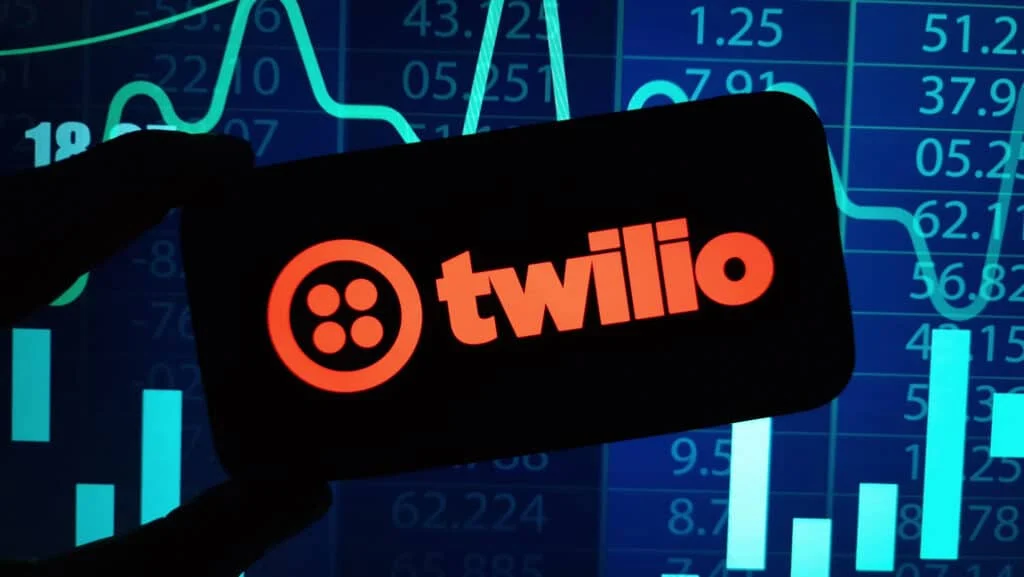The News: Microsoft unveiled several new generative AI and data solutions designed to improve the retail customer journey ahead of the National Retail Federation’s Big Show 2024. The company is offering new copilot templates on Azure OpenAI Service that allow retailers to build personalized shopping experiences and support store operations; retail data solutions in Microsoft Fabric; new copilot features in Microsoft Dynamics 365 Customer Insights; and Retail Media Creative Studio in the Microsoft Retail Media Platform. You can read more about these announcements on Microsoft’s website.
Microsoft Announces New Front- and Back-End Retail Technologies
Analyst Take: Microsoft announced a number of new generative AI and data solutions targeted at the retail industry ahead of the 2024 National Retail Federation’s annual trade show. The company’s offerings are focused on the introduction of new copilot templates that are designed to help retailers build personalized shopping experiences, as well as help retailers generate customer insights and optimize marketing campaigns. It also introduced retail-specific AI templates and data connectors to accelerate AI adoption. Taken as a whole, the announcements represent a holistic approach to improving retail operations through AI and data-access technologies.
Microsoft’s Copilot Updates for Customers and Store Associates
Microsoft Cloud for Retail is now offering a copilot template, in preview, that lets retailers build personalized shopping experiences. Powered via a retailer’s current systems and data and leveraging Chat GPT-4 through Azure OpenAI Service, this prebuilt option can be embedded into existing digital experiences, such as a website or app, making it easier for shoppers to find and purchase products, simply by conversing in natural language with the chat function. The end goal is to create a digital experience that mirrors a physical shopping experience, allowing customers to ask for an item that meets their needs, without requiring them to use forms or specific keywords.
Copilot is also being made available, in preview, to retailers to help them build solutions and workflows designed to help in-store associates improve productivity, efficiency, and customer experiences. By accessing the technology on the retailer’s mobile devices, tablets or PCs, store associates and managers can use natural language to get answers to questions on store procedures, product catalogs, HR policies and benefits in an efficient and quick way using AI. These workers can also reduce the time and effort required to handle tasks via voice-enabled task creation and assignments, as well as quickly accessing customer and product information to help them provide quality in-store customer service.
Further, the applications that are built with the copilot template can also provide store leaders a view into employees’ and customers’ most frequently asked questions, allowing them to gain insights that help them take meaningful actions based on the data, including updating training, policies, and procedures. According to the company, Microsoft Experience Centers located in New York City, Sydney, and London, will be among the first retailers to implement the copilot template for store associates.
Improving Marketing Campaigns via Copilot
In addition, Microsoft is announcing new Copilot features in Dynamics 365 Customer Insights that are designed to help retail marketers utilize generative AI to create and manage campaigns quickly and efficiently. Marketers can quickly start projects by simply typing in their desired outcome in their own words or by uploading an existing creative brief. Microsoft copilot then responds by generating a centralized project board, allowing marketers to manage and update their campaign workflows in one place and get AI-recommended content that can be easily changed.
Customers will also have access within Dynamics 365 Customer Insights to Typeface and its enterprise-grade generative AI capabilities to help produce brand-authentic images across assets, supercharging personalized content for greater impact. Typeface helps align content to the organization’s brand kit, including themes, fonts and product images, which can be extracted from a central asset library. According to Microsoft, these new Copilot features in Dynamics 365 Customer Insights will be available for early access public preview in the first quarter of 2024.
Microsoft’s Data Solutions for Retail Back-End Operations
In addition to customer-facing or technology designed to help store associates, Microsoft also announced the preview of new retail data solutions in Microsoft Fabric, an end-to-end, unified analytics platform that brings together all the data and analytics tools that organizations need to unlock the potential of their data and lay the foundation for the era of AI. Microsoft Fabric offers retailers a data model that is now generally available that allows them to plan, architect and design data solutions, as well as be used for data governance, reporting, business intelligence and advanced analytics.
A data connector, available in preview, is available to bring retail e-commerce data from Sitecore OrderCloud into Microsoft Fabric in real time. This feature is designed to help retailers quickly access insights and tools to proactively improve customer satisfaction and business operations, across every touchpoint from storefront to fulfillment. Similarly, analytics templates are also available in preview, which are designed to offer retailers data-driven recommendations to help them improve product upselling and shelf optimization.
Leveraging Generative AI to Improve Retail Media and Advertising
Additionally, Microsoft is introducing generative AI to the Microsoft Retail Media platform (powered by PromoteIQ) through the launch of Retail Media Creative Studio. Available in preview now, Retail Media Creative Studio is an end-to-end banner ad creative solution tailored for retail media that lets retailers empower their advertisers to quickly auto-generate and edit banner creatives by using generative AI. The solution is designed to optimize banner campaign performance using AI-powered algorithms and delivers a more personalized shopping experience.
Microsoft Focusing on End-to-End Retail Operations
Microsoft is taking an interesting and well-planned approach to providing advanced technology to retailers. Instead of simply focusing solely on the most visible and shiniest object (generative AI copilots), the company has also made concurrent announcements around helping retail organizations manage and provide access to critical store operations and customer data across the enterprise. Real improvements in the retail environment will be driven by fast and simple access to data, which can empower systems and processes, workers, and customer-facing technology, making digital experiences more closely mirror the experience of traditional face-to-face interactions.
Disclosure: The Futurum Group is a research and advisory firm that engages or has engaged in research, analysis, and advisory services with many technology companies, including those mentioned in this article. The author does not hold any equity positions with any company mentioned in this article.
Analysis and opinions expressed herein are specific to the analyst individually and data and other information that might have been provided for validation, not those of The Futurum Group as a whole.
Other Insights from The Futurum Group:
Under The Hood: How Microsoft Copilot Tames LLM Issues
Microsoft’s AI Safety Policies: Best Practice
Copilot for Service Introduced by Microsoft
Author Information
Keith Kirkpatrick is VP & Research Director, Enterprise Software & Digital Workflows for The Futurum Group. Keith has over 25 years of experience in research, marketing, and consulting-based fields.
He has authored in-depth reports and market forecast studies covering artificial intelligence, biometrics, data analytics, robotics, high performance computing, and quantum computing, with a specific focus on the use of these technologies within large enterprise organizations and SMBs. He has also established strong working relationships with the international technology vendor community and is a frequent speaker at industry conferences and events.
In his career as a financial and technology journalist he has written for national and trade publications, including BusinessWeek, CNBC.com, Investment Dealers’ Digest, The Red Herring, The Communications of the ACM, and Mobile Computing & Communications, among others.
He is a member of the Association of Independent Information Professionals (AIIP).
Keith holds dual Bachelor of Arts degrees in Magazine Journalism and Sociology from Syracuse University.







